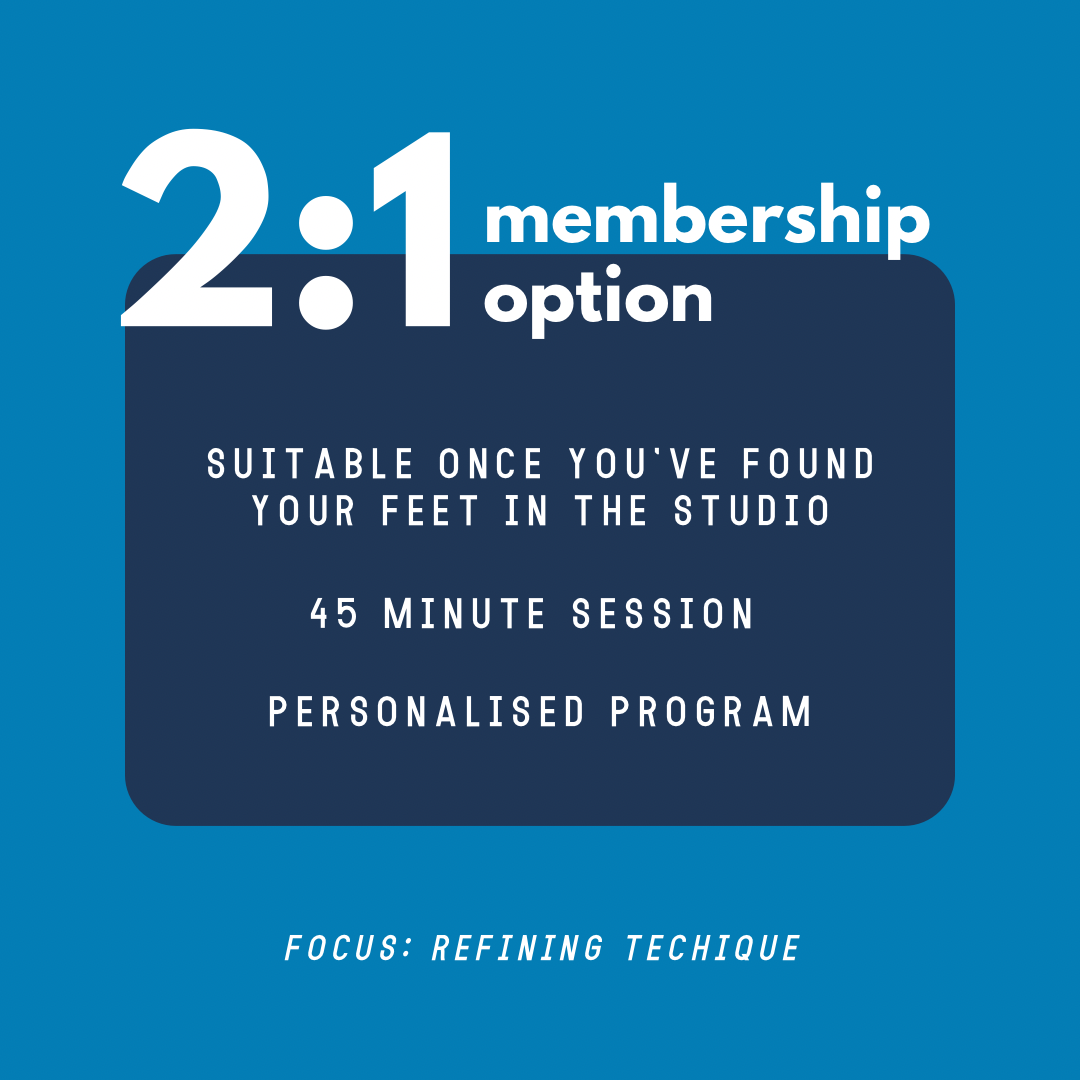To really understand why we make the choices we do it is not simply enough to say to someone they are not strong enough, disciplined enough or motivated enough when in fact it may be a subconscious driver. In today’s post we are going to scratch the surface on two topics that have been linked to neurological process: training with a friend and unhealthy eating.
Training with a friend.
The idea of training with a friend is a common recommendation that most trainers or doctors prescribe so that you do not feel alone, you increase your confidence etc. But if we have a look at why this works neurologically we can point to two key factors.
Firstly we are more likely to experience a survival threat if we do not have a social connection. This threat activates the amygdala- a brain region linked to threat and fear. Now when this amygdala is activated, the stimuli that activated it is likely to be stored in long-term memory- which can be damaging for future behavior. It takes extreme consciousness and awareness to overturn such memories that are amygdala activated so this subconscious idea can be a deterrent to future physical training exercise.
Secondly if a social connection is present, the vMPFC is activated- a brain region associated with rewards. So if we train with a friend we feel more legitimated and more confident. This does not create as strong a memory as the amygdala does, but nonetheless training with a friend can be a great starting point for fitness.
Unhealthy Eating.
This is quite a controversial topic- its very easy to put the blame on someone that doesn’t eat well and call them undisciplined or unhealthy etc but in reality there is a much more complex process underneath the surface that is contributing to their poor decision making.
Overeating is an addictive behavior similar to that of gambling according to brain regions that are activated for both tasks. In fact it was found that people who overeat, as do gambling addicts, have a malfunctioning vMPFC (reward system that we talked about earlier). This malfunction causes them to forgo the future consequences and instead desire immediate gratification as this malfunction causes insensitivity to punishment and an approach reaction to rewards.
Just goes to show the importance of brain function on decision making and not to judge people based on what you think they are doing wrong.
Also to ensure that you have extreme awareness and enough consciousness to recognise these implicit decision influencers and don’t let them control your behaviour!
References
http://onlinelibrary.wiley.com/doi/10.1038/oby.2004.113/full
http://www.hopelab.org/wp-content/uploads/2016/04/Eisenberger-Cole-Soc-Neurosci-Health-Nature-Neurosci-2012-ePub.pdf




